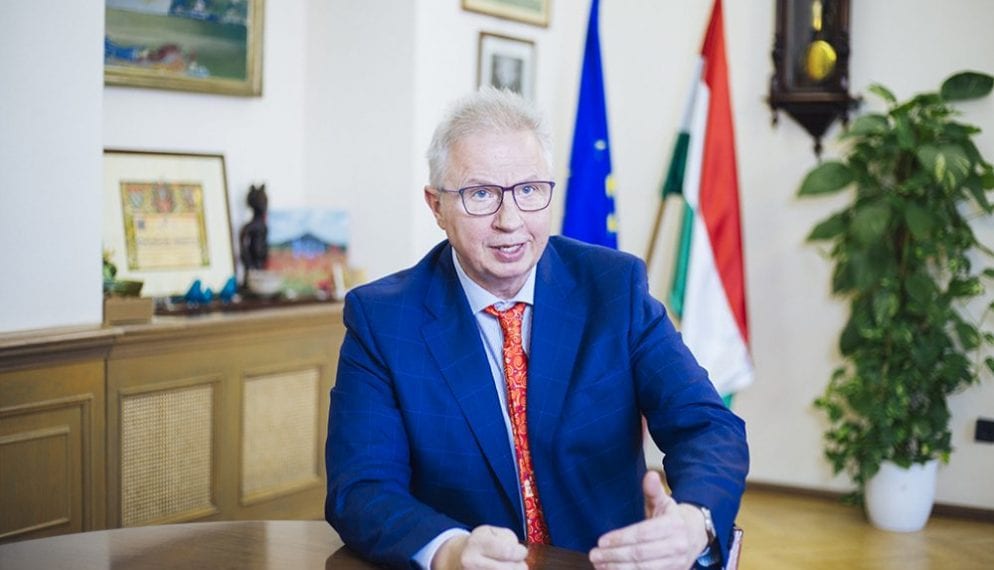
Without the involvement of the national parliaments we cannot start a discussion on the Future of Europe
2020. 06. 18.
The European Parliament plenary today adopted its position on the Conference on the Future of Europe. Fidesz MEP László Trócsányi highlighted in his written statement that he agreed with the initiation of the reform process and its timeliness because following the economic crisis Europe and the European states must become more resilient and more effective in managing crises. He added that national parliaments cannot be left out of the common thinking.
In its resolution, the European Parliament stated that following the epidemic, the reform of the European Union was more timely than ever, thus the European Parliament, the European Commission and the Council of the European Union should start negotiations on the framework of the Conference as soon as possible.
Fidesz MEP László Trócsányi, Member of the Committee on Constitutional Affairs (AFCO) stated that he agreed with the position on the initiation of the reform process and its timeliness. “From the effects of the economic crisis of 2007-2008, the 2010s were practically a series of different crises – economic, financial, migration crises, the rising number of terrorist attacks and now the effects of the current epidemic are on the table.” According to his opinion “Europe, the European states, must become more resilient and more effective in managing crises.” He added: “We must work on finding solutions for such problems which serve as benefit of European nations and European citizens. This is why the principle of an ever closer Union with an ideological content should not be allowed to determine the topics and content of the Conference on the Future of Europe.”
On the topics to be discussed, the EPP MEP explained that European states “need to become competitive on the world market and provide security for their citizens. They need to find an answer to the demographic challenge posed by the aging of our societies. They must say no to mass migration, which denies the values of European culture. They need to restart their economies in which they cooperate.” EPP MEP has concluded that “we therefore need a Union that helps the European nations to do this.”
Regarding the organizational and structural issues of the Conference, he MEP Trócsányi noted that “the Conference provides a good framework for discussions, but can only be effective if no one monopolizes it.” He stressed: “The free exchange of opinions requires national parliaments to be involved in this process. National parliaments are the bearers of sovereignty on the one hand and the masters of the European treaties on the other, so without them it is not possible to outline a successful European vision.” the MEP closed his statement.
The European Parliament and the European Commission envisage that the Conference on the Future of Europe could start in autumn, but this will require the agreement of the Council of the European Union.